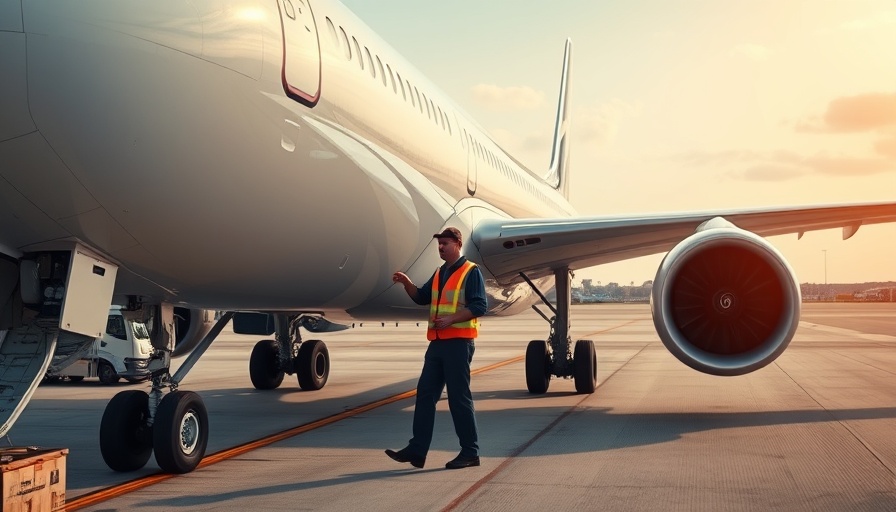
The Rise and Fall of Boeing: A Legacy in Crisis
Boeing, once a cornerstone of American aerospace innovation, has been navigating a turbulent decline which largely stems from a shift away from its engineering roots toward a shareholder-focused model. This transformation, chronicled in Scott Hamilton's recent book, "The Rise and Fall of Boeing And the Way Back," lays bare the factors contributing to Boeing's challenges, including the tragic 737 MAX crashes that claimed 346 lives and devastated public trust.
Understanding the Fallout
The missteps at Boeing are nothing short of catastrophic, primarily driven by management decisions that prioritized short-term profits over long-term sustainability. After the 1997 merger with McDonnell Douglas, the company began shedding its engineering-driven culture, instead embracing a strategy focused on financial metrics at the expense of product quality and safety. This pivotal change set the stage for Boeing's plummeting market reputation, as highlighted in both Hamilton's work and analyses by industry experts.
A Cautionary Tale for Industry Leaders
The lessons drawn from Boeing's experience are profound, especially for leaders in the aerospace sector and beyond. An insistence on shareholder value — manifested through massive stock buybacks at the cost of vital research and development — illustrates how a lack of foresight can lead to disastrous consequences. As Hamilton notes, the "GEntrification of Boeing" not only striped the company of its esteemed engineering capabilities but also alienated its workforce, leading to a culture where profit became king.
Broader Implications for Aerospace and Beyond
Boeing’s trajectory serves as a stark reminder for corporations in all industries. The ongoing battle for public trust in an era of transparency requires balancing financial objectives with ethical responsibility. Companies must prioritize integrity and innovation if they wish to avoid a similar fate — a point echoed by experts in the field, who suggest that maintaining robust compliance and a commitment to quality is essential for lasting success.
Future Innovations: A Path to Redemption?
Despite its current challenges, Boeing still holds a vital position in the global aerospace landscape. Its potential for recovery hinges on a return to its foundational values of safety, engineering excellence, and partnership with employees. As the industry transitions towards sustainable aviation technologies, embracing innovation could restore Boeing to its former glory, proving that even giants can rebound from the brink.
 Add Row
Add Row  Add
Add 




Write A Comment